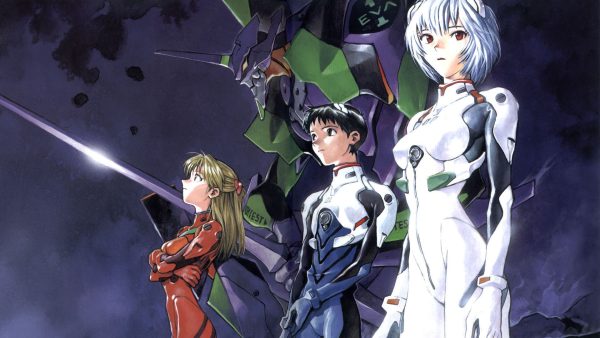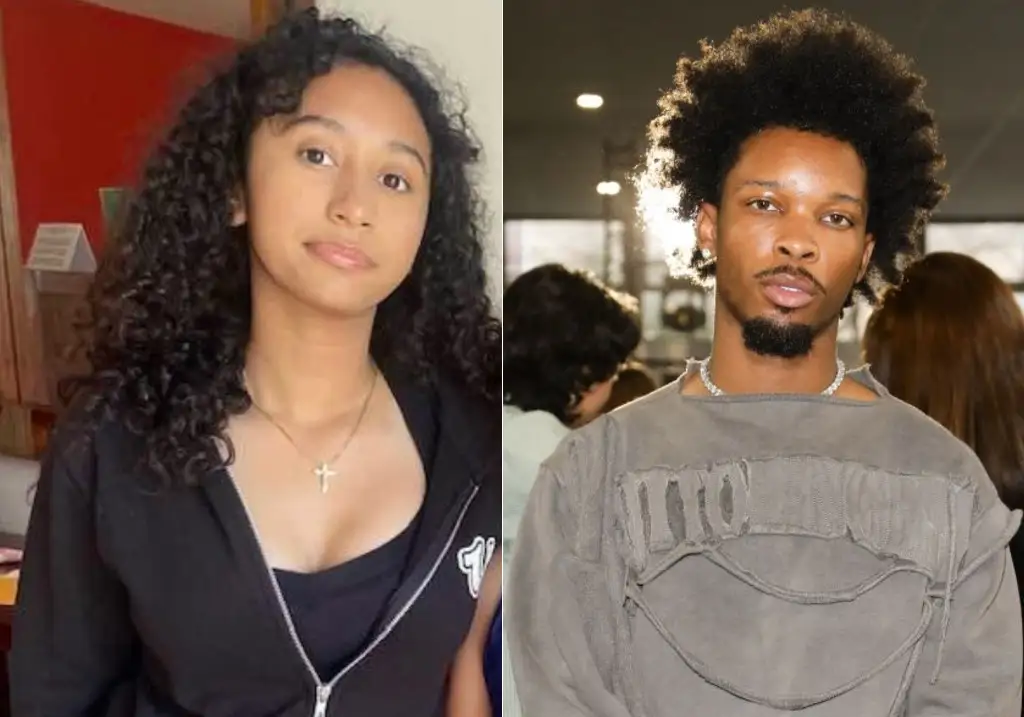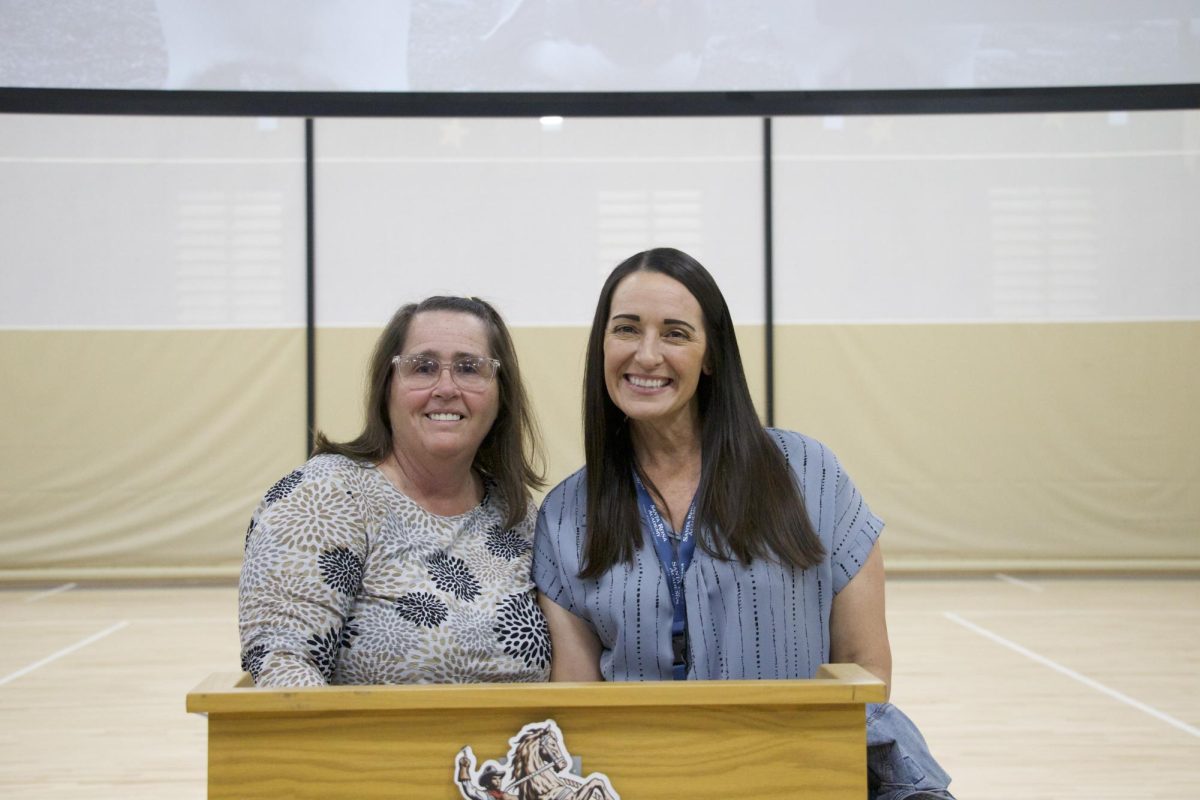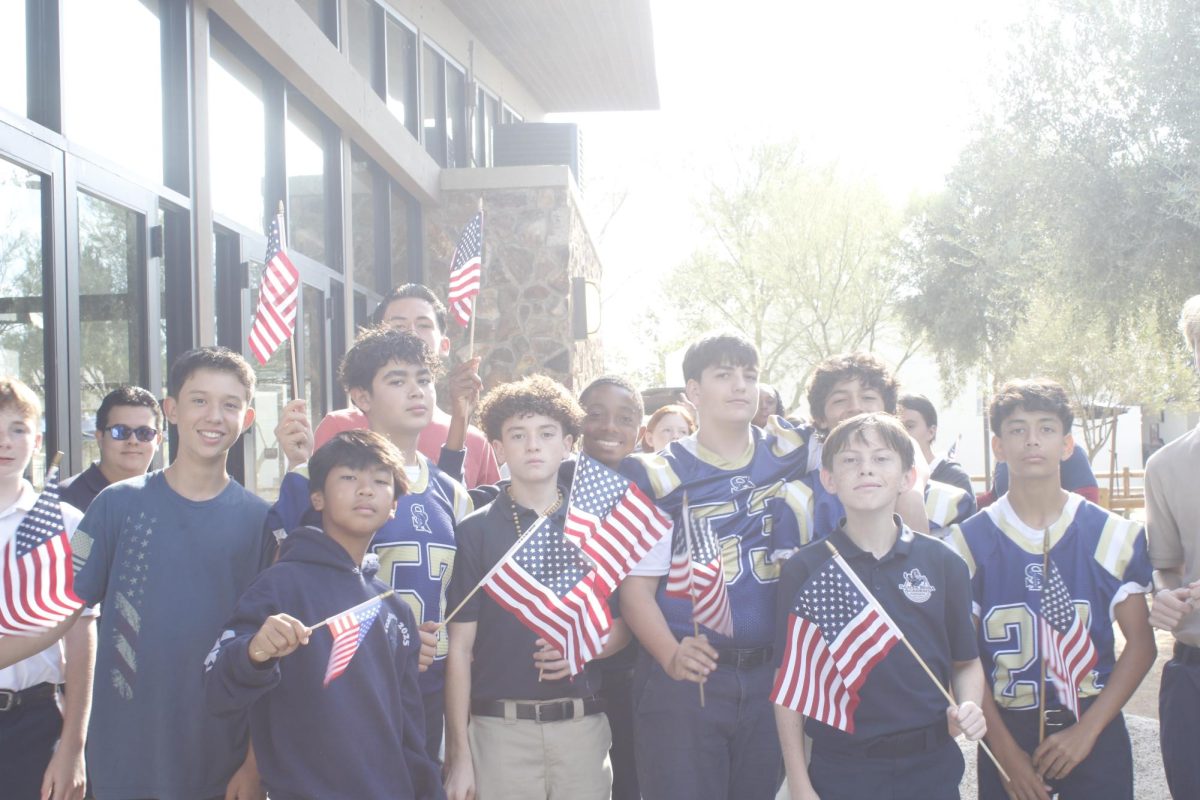Mental illness is a major crisis within Generation Z, specifically teenagers. As a coping mechanism, we teenagers sometimes find solace through fictional characters from our favorite books, movies, and television programs. A perfect example of characters that teenagers tend to relate to are the recognizable mecha-pilots from the ground-breaking 1995 anime, “Neon Genesis Evangelion”.
[nee·on-jeh·nuh·cis-ay·von·geh·lee·enn]
The show takes place in 2015, fifteen years after a global apocalypse known as the Second Impact, awakening seventeen destructive beings born of God. The side-antagonists are the monstrous entities known as Angels who attack the city and cause destruction. Only the humanoid mechs known as Evangelions are powerful enough to conquer them. Strangely enough, only children with a deceased mother can pilot them, which takes us to the head focus of the show.
Our main character is a fourteen-year-old boy named Shinji Ikari. He is the pilot of Evangelion Unit-01 who has a self-isolating, meek, and deeply insecure personality. He cowers at the thought of having bonds with others because he wants to avoid any chance of being hurt. Throughout the series, he constantly runs away from his issues which leads to a chain of events. His behavior is later compared to a metaphor about human intimacy known as ‘hedgehog’s dilemma’, which imagines that the closer two hedgehogs are to one another, the more they hurt each other due to their unavoidable spikes.

After a fatal experiment resulting in the disappearance and apparent death of Shinji’s mother, his father Gendo Ikari sent five-year-old Shinji to go live with a teacher. Gendo had very little contact with Shinji during his childhood. This was a part of his plan to foster Shinji into a mentally unstable and cynical boy so that he would get along with the other pilots in the future.
[shin·jee-ee·car·ree] [ghen·doe-ee·car·ree]
Santa Rosa Academy freshman and artist Zoie Tan says, “Shinji is relatable because he realistically shows what having no direction and what having no goal in life looks like. He does things with no thought and avoids bonding with others.”
Nine years after Shinji is abandoned, he is sent by his father during an attack from the third Angel. Gendo ordered Shinji to become the head pilot of the 260-foot tall biomechanical weapon known as the Evangelion Unit-01 and fight the angel, much to Shinji’s dismay. Shinji refuses at first due to fear and the hatred towards his father rooted in abandonment. However, he changed his mind after seeing the critically injured state of the Evangelion Unit-00 pilot Rei Ayanami, who was in a bloodied and bruised state from the previous time she piloted an Evangelion.
[ay·von·geh·lee·enn] [ray-ay·ya·nah·me]
Rei Ayanami is another series’ main character who, like Shinji, is also a quiet and seemingly emotionless fourteen-year-old. She does whatever is asked of her and suspiciously has no files on her background or past. Rei is depicted as a girl with Schizoid Personality Disorder, and not used to human interaction. It is revealed later in the series that she is not human but instead, a clone and creature born of the first Angel- the creator of all humanity, Lilith. This explains Rei’s inhuman characteristics such as her blue hair and red eyes, her struggle to fit in, and her aloof personality.
Murrieta Vista High School student and ballet dancer Sophia Santiago claims that Rei Ayanami is the most relatable character. Santiago states, “I think Rei Ayanami is relatable for me because while she seems like a mysterious being in the views of the characters around her and even the audience, she is a simple creature in a world where she hardly understands herself. Her simplicity is overlooked and causes unnecessary chaos in the minds of others.”
To sum it up, teenagers who connect with Rei Ayanami feel like their existence means nothing and that they’re easily replaceable. Although they appear mysterious and secluded, they don’t have good communication skills and have no sense of reality. Rei Ayanami has no concept of her inner self, and her existence is non-linear.
Later in the series, our third subject is introduced. Asuka Langley Soryu is the hot-headed and arrogant pilot of Evangelion Unit-02. She is German-Japanese-American, being born in America but raised in Germany growing up with a horrific childhood. As the result of a disastrous contact experiment involving Evangelion Unit-02, Asuka’s mother developed a severe mental illness to the point where she couldn’t even recognize Asuka as her daughter. She was hospitalized where she took her own life, an event that five-year-old Asuka unfortunately walked in on. To make matters worse, Asuka’s father began having an affair with the doctor who was taking care of her. These events had a major negative effect on Asuka to the point where she convinced herself at a young age that she didn’t need to rely on anyone. She took an immediate dislike to Shinji because she claimed he was ‘riding on his father’s coattails’, even though her hatred for him was because Shinji’s personality reminded her of everything she hated about her own.
As the series progresses, Shinji starts to receive more praise than Asuka due to his record-breaking synchronization rate. This shattered her ego, and she eventually could not hide her insecurity anymore. Her synchronization with Evangelion Unit-02 began to decline and she became angrier and more insecure with each passing day. During a battle, her mind is invaded by an Angel after she disobeys orders to retreat, stating that ‘she would rather die than pull back now.’ The Angel uses psychological warfare against Asuka by forcing her to relive all of the trauma she’s tried to forget about. After she is rescued, she is taken to temporary quarantine and her synch rates become too low to even move in the Evangelion. She runs away from home and stops attending school, thinking that she is useless and has no reason to live anymore. The downfall of Asuka had much to do with the fact that she felt she wasn’t good for anything except being the greatest Eva pilot in the world. When she loses that, she believes she has no worth and nobody will ever care about her.
To me and many others, Asuka is highly relatable because she believes she has to live alone without companionship from anyone. Another relatable factor is that all of her self-worth comes from her performance. Her constant frustration and arrogance are rooted in loneliness and her belief that no one cares about her or stays with her. She refrains from opening up to others, although no one asks about her. In general, Asuka Langley Soryu is a very complex and misunderstood character. Teenagers who relate to Asuka feel like their self-worth comes from their success and have a false sense of independence. They fear how they appear to others and try to hide their true feelings. Even the slightest bit of criticism can send them into a spiral of doubt and insecurity.
Although the series ends with our pilots having self-reflection of their hearts and reformation, they suffer for almost the entirety of the series. Most of the physical and mental damage was already done by the last episode, but at least they had an opportunity to better themselves and realize that the world isn’t free of pain. The entirety of the series, the remade movie adaptations from 2007 to 2021, and the film with an alternative ending to the show titled “The End of Evangelion” had our characters going through never-ending pain and suffering. In conclusion, Asuka Langley Soryu, Rei Ayanami, and Shinji Ikari were just conflicted children with pre-determined fates and a lack of guidance, just like many other teenagers in Generation Z.















